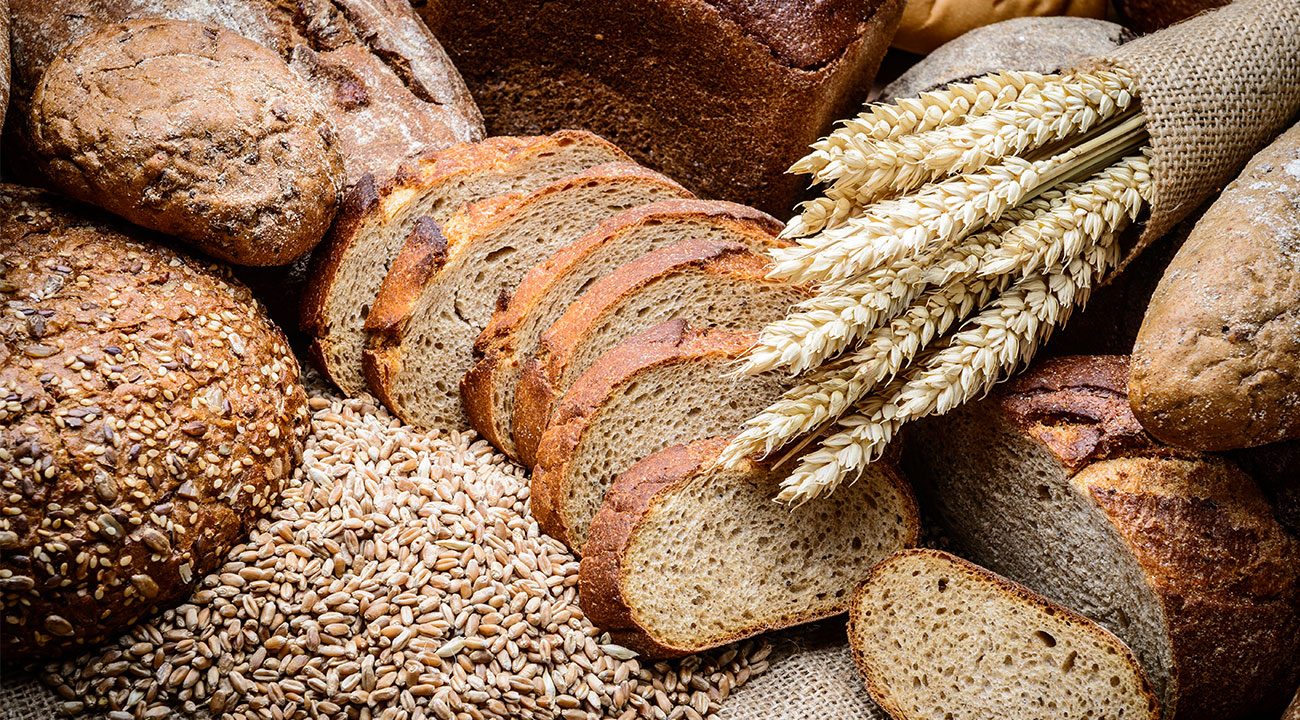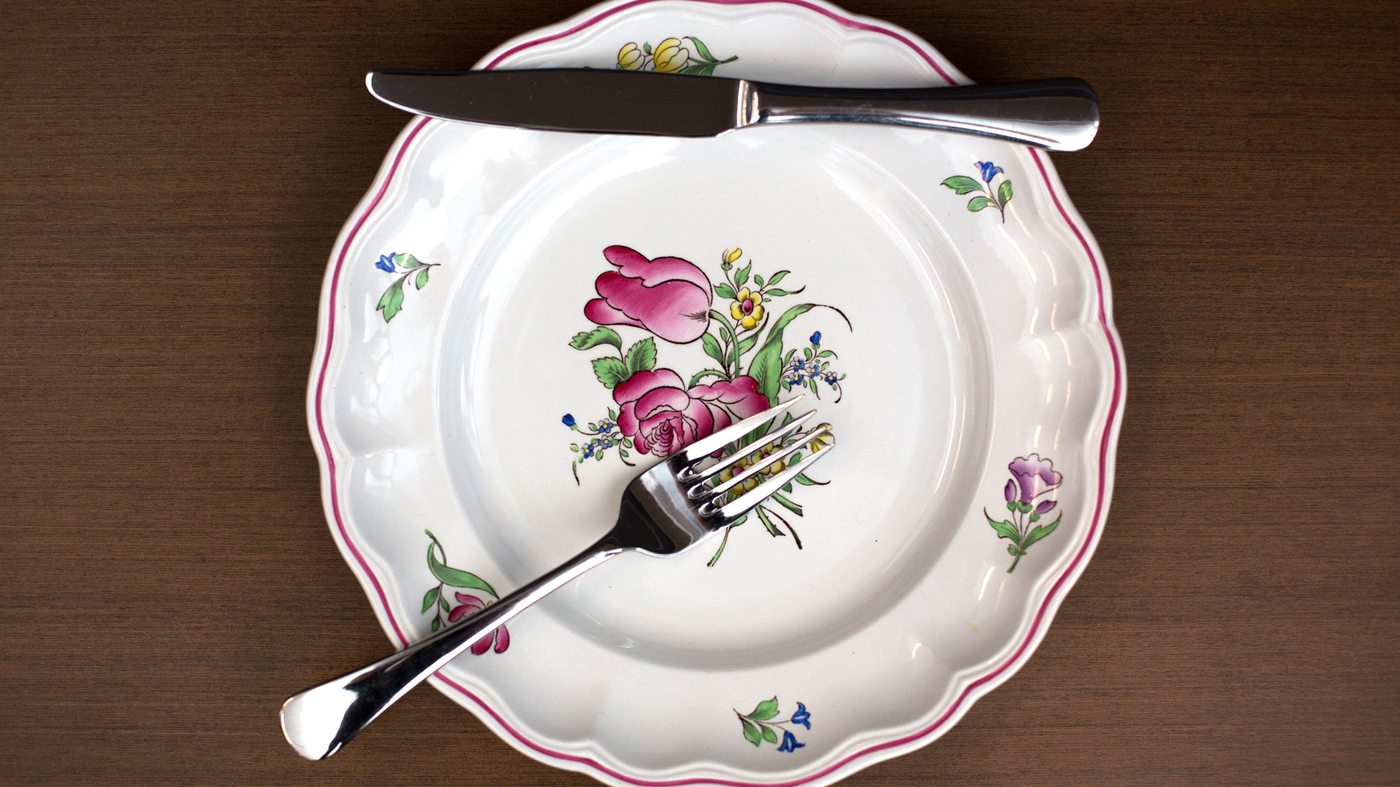The holy month of Ramazan is here and all the rozedaars must have a healthy diet plan so as to make the most out of this month of blessings. The pre-dawn meal or Suhoor is the most important meal as this is what keeps one going the whole day before the Iftaar.
In view of the soaring temperature in multiple cities, we have gathered for you a balanced set of five tips for Suhoor to help keep your metabolism on point.
1. Do away with cholesterol
You will have plenty of cholesterol in Iftaar meals as it is impossible to avoid delicious pakoras occupying the table space. Which is why you must do away with cholesterol at least during Suhoor. A healthy combination of fruits, yogurt, egg-whites and vegetables would suffice, which are all cholesterol free intakes.
.jpg)
2. Eating dates
Eating dates at Suhoor is quite healthy habit. To put it into perspective, it is a Sunnah. So what is stopping you from taking dates in Suhoor? Adding four to six dates to your meal means you essentially fuel your body with minerals, antioxidants, vitamins, fibre and folate among other nutrients.

3. Take whole-grains
Including the healthiest grains into your Suhoor diet can help prevent many problems. Healthy, whole-grain foods are made from cereal grains that include the whole kernel, and research shows that they can protect you from ticker trouble, diabetes, colon cancer, and possibly asthma and Alzheimer’s disease. Brown rice, whole wheat, whole oats, corn and whole grain barley can make for a perfect compendium of a whole grain laden diet.

4. Add proteins and lots of fluids
Sehri should comprise of protein-rich foods such as eggs and meat along with fruits, vegetables, low-fat milk, fruit juice and nuts. To avoid feeling bloated with overdone water intake you can add fluids such as fresh juices and honey syrup.

5. Do not skip Suhoor
Nowadays, skipping Sehri is becoming a norm. People usually grumble about the lack of sleep or time as an excuse to skip Sehri. Unfortunately, what they don’t realise is that, Sehri is not only good for the mind, body and soul, it is believed that those who partake in Sehri are rewarded with blessings. On the other hand, by skipping Sehri you in fact force your body to rely on the last meal consumed and are more likely to experience dehydration, headaches and weariness. The key, once again, is to select the right food.

In a nutshell, the aforementioned combination of foods and habits would surely allow you to enjoy the bounty of the beloved month of Ramazan with more vigor, better health and most importantly, a relaxed mind. Happy fasting!








